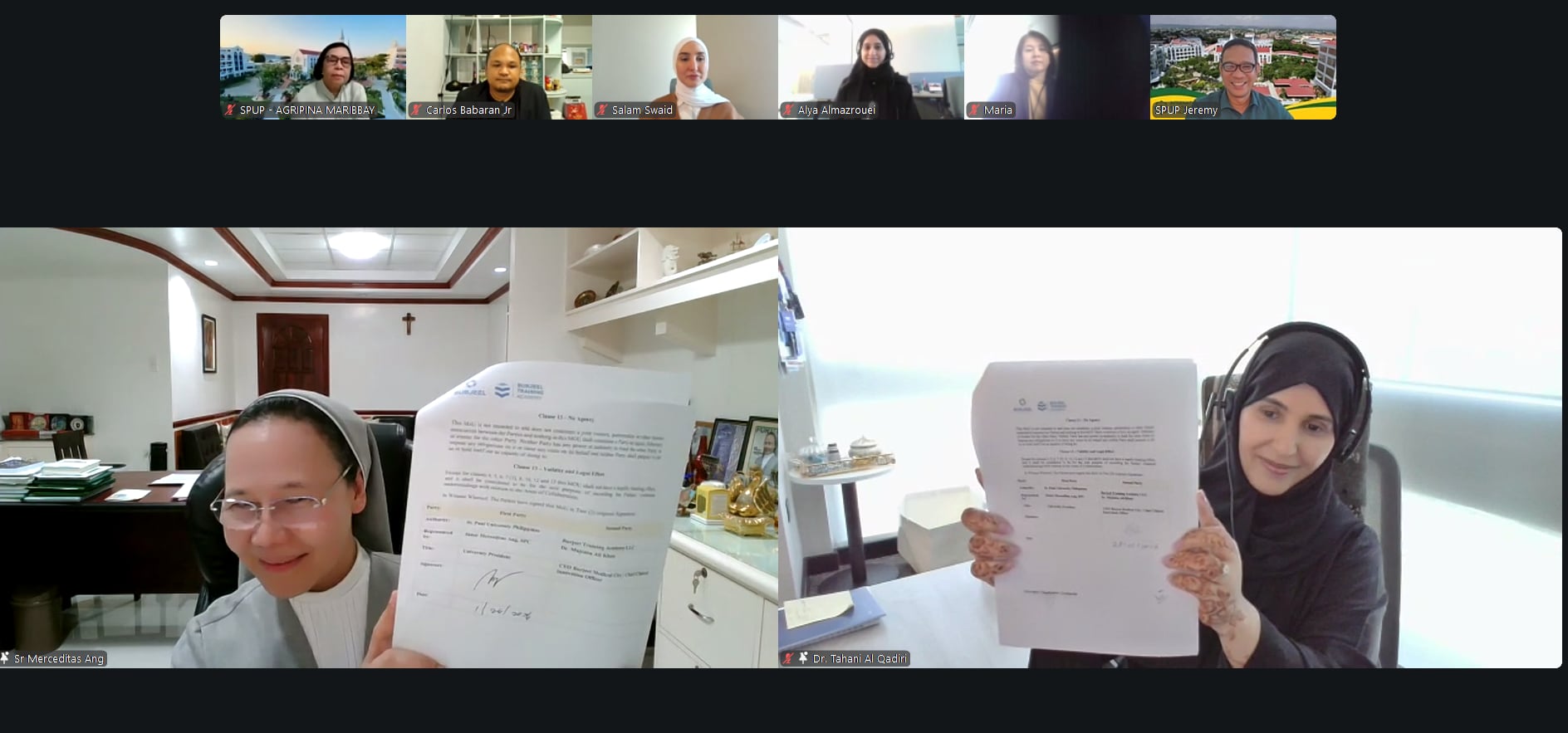

SPUP SHOWCASES GLOBAL INNOVATION, COLLABORATION AT 8TH INT’L RESEARCH CONFAB
July 20, 2025
Facebook
X
Email
St. Paul University Philippines (SPUP) hosted its 8th International Interdisciplinary Research Conference (8th IIRC) on 17-19 July 2025, with the theme “AI Application and Best Practices for the Betterment of Humanity.”
The 8th IIRC aimed to foster systematic investigation and study of certain phenomena and their effects towards improvement and development, and to establish facts and reach new conclusions. It engaged through a hyflex modality about 300 educators, researchers, general practitioners, graduate school students, and research enthusiasts from different countries and disciplines in a series of scholarly conversations at the SPUP Global Center (onsite) and via MS Teams (online).
During the opening program, SPUP President Sr. Merceditas Ang, SPC welcomed the resource speakers, guests, and participants to the annual convergence. She emphasized that “Research is a powerful driver of innovations in education, industry, healthcare, business, communications, technology, and in all aspects of life and work. The rapid transformation and advancement of how we learn, work, relate, and think are impacted by artificial intelligence and AI powered technologies.”
Sister Merceditas added: “Our world today is dominated by amazing technologies that test the limits of imagination and creativity. Artificial intelligence is driving the speed of technology revolution. Other deep learning models and digital applications are disrupting and fast tracking the data economy, and the world at large. The results and implications of breakthrough research certainly open doors for new opportunities and resilient approaches towards new learning models and quality life.”
Subsequently, highlighting the academic conversations were plenary talks, concurrent research presentations, and networking anchored on technology-driven, human-centric, value-based innovations and solutions towards sustainability of peoples and communities.
This year’s plenary speakers include Dr. Ir. Paristianti Nurwardani, director of Higher Education Service Institutions Region 3, Indonesia; Dr. Zandra Maningas, vice president of California Metropolitan University Singapore; Dr. Tetsuya Tanioka, professor at the Department of Nursing Outcome Management, Institute of Biomedical Sciences, Tokushima University, Japan; and Dr. Sri Devi, director of SMS Phoenix International Academy, Inc., Malaysia.
In her talk titled “AI-Empowered Breakthrough Innovations,” Dr. Nurwardani underscored the transformative power of AI in reshaping education, research, and industry. She highlighted how AI-driven technologies are accelerating innovation in fields such as healthcare, agriculture, and sustainable development, urging academic institutions to foster AI literacy, interdisciplinary collaboration, and ethical integration. Her insights highlighted the urgent need for universities to become catalysts of change, equipping learners not just with knowledge, but with the skills to lead in an AI-driven future.
Dr. Maningas also delivered a thought-provoking plenary address focusing on “AI Applications in Various Fields,” where she explored the dynamic role of AI across sectors such as business, education, healthcare, and creative industries. She presented real-world examples of AI-enhanced decision making, automation, and personalized services, emphasizing how these technologies are redefining productivity and problem solving. Her message stressed the importance of equipping students and educators with AI competencies and fostering an innovation mindset to thrive in a rapidly evolving digital landscape.
Meanwhile, Dr. Tanioka discussed “Transforming Research Process through AI Advancements,” detailing how AI is revolutionizing the research landscape by enhancing data collection, analysis accuracy, and predictive modeling, particularly in the biomedical and healthcare sectors. Emphasizing AI’s capacity to streamline systematic reviews and clinical trials, Dr. Tanioka advocated for ethical AI integration and interdisciplinary collaboration to ensure research quality and impact. His insights highlighted the need for scholars to embrace AI tools as essential partners in accelerating scientific discovery and innovation.
Moreover, in her plenary talk titled “The Power of AI: Shaping Education, Finance, and Daily Living,” Dr. Devi illustrated how AI is becoming an integral part of modern life, redefining classroom instruction through adaptive learning technologies, revolutionizing financial systems with algorithmic trading and fraud detection, and enhancing daily convenience through smart applications. Dr. Devi stressed the urgency for educators, professionals, and policymakers to adapt to AI’s rapid evolution and promote digital literacy at all levels. Her message emphasized that embracing AI is not just an option, but a necessity for building more responsive, inclusive, and future-ready societies.
Besides the plenary talks, the three-day conference featured concurrent research presentations in various disciplines, including medicine, nursing, and allied health; teacher education and social sciences; engineering and information technology; business and hospitality; and humanities, spirituality, and arts. The participants also witnessed cultural presentations by SPUP college students during the welcome dinner, including gallery presentations of innovative projects by young inventors and scientists from the university’s Basic Education Unit (BEU).
During the closing ceremony, Dr. Benjamin Jularbal, director of the Center for Planning, Research, Innovations, and New Technologies (CPRINT), synthesized the conference, highlighting the diverse presentations and plenary sessions that showcased AI’s transformative role in education, healthcare, industry, governance, and everyday life. Dr. Jularbal emphasized the importance of ethical AI integration, collaborative research, and policy alignment to ensure that technological advancements remain human-centered and inclusive. His synthesis echoed a collective call to action: to harness AI not merely for innovation’s sake, but to address real-world challenges and improve quality of life across communities.
Dr. Jeremy Godofredo Morales, director of SPUP internationalization and overall conference chair, capped the academic convergence through his acknowledgements. He expressed profound gratitude to the plenary speakers, paper presenters, partner institutions, sponsors, administrators, organizing committees, and facilitators whose collective efforts made the event a resounding success. Dr. Morales also recognized the participants from various countries who contributed to the rich exchange of ideas and global perspectives on responsible AI integration. His message affirmed the university’s commitment to fostering international collaboration and advancing research that uplifts lives and communities through ethical and innovative use of AI.
Furthermore, Dr. Morales announced 07-09 May 2026 as the schedule for the 9th SPUP IIRC. Afterward, the participants joined in the final photo opportunities, and the event ended with a closing prayer led by the Christian Formation Team.
The conference was co-hosted by SPUP’s local and foreign partner HEIs, including Kalinga State University, Philippines; California Metropolitan University, Singapore; Patna Women’s College, India; SMS Phoenix Global, Malaysia; STIKes RS Husada, Indonesia; Saint Louis College, Thailand; Tokushima University, Japan; and Universitas Sari Mulia, Indonesia.
By Dr. Bryan B. Echanique
LATEST NEWS

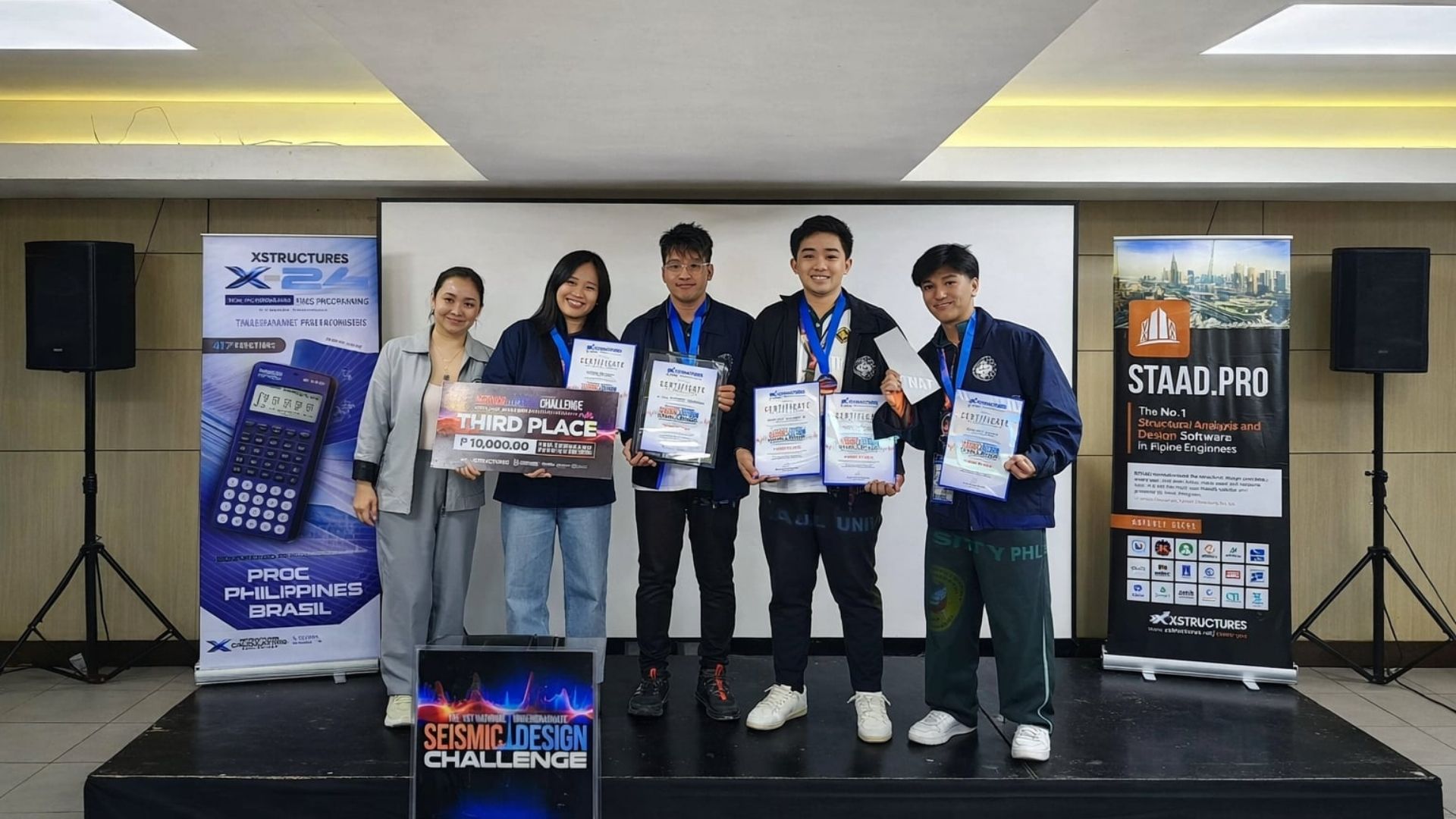
SPUP TEAM ADVANCES TO NATIONAL SEISMIC ENGINEERING FINALS
January 26, 2026
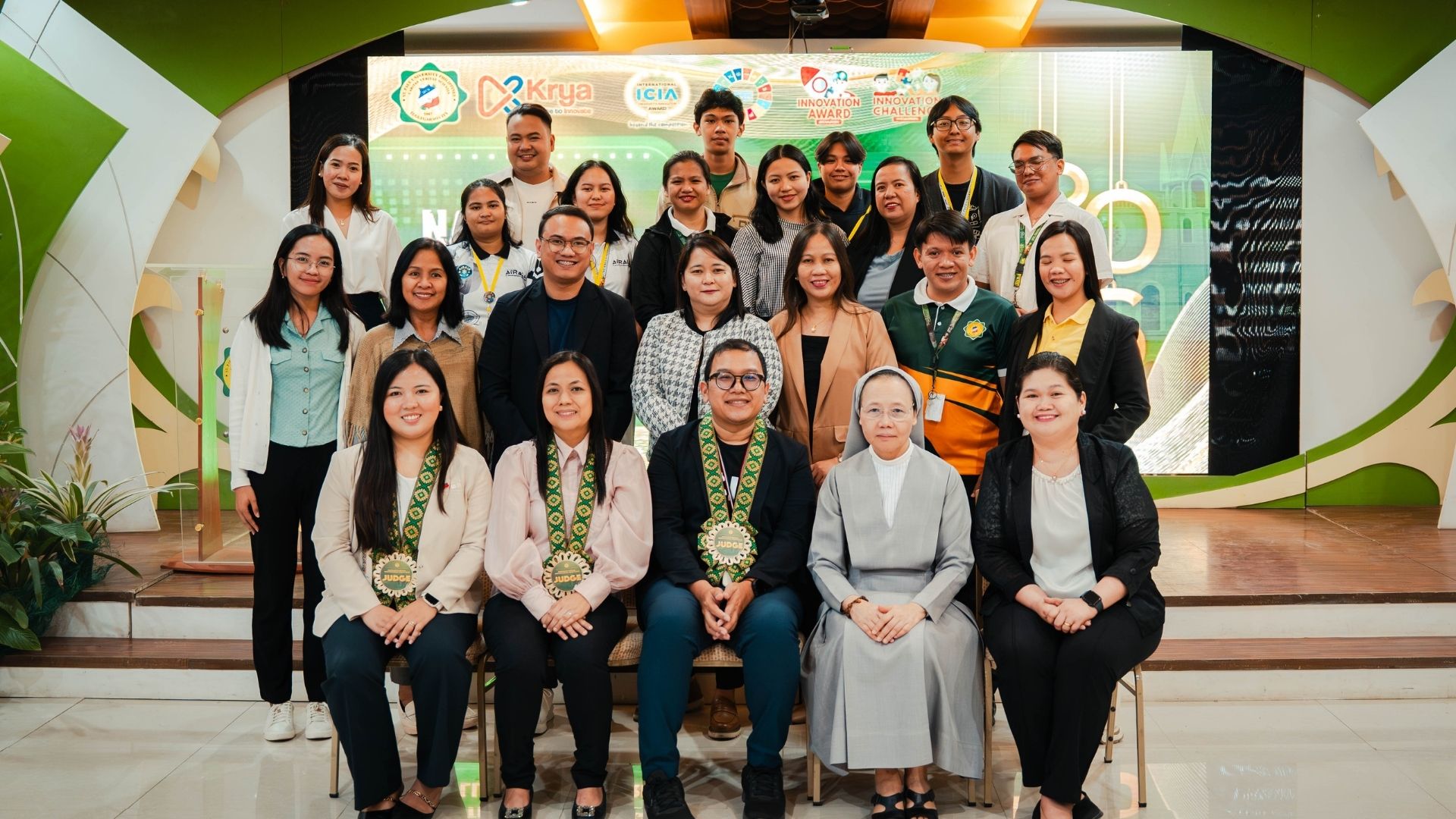
SPUP, KRYA HOST NATIONAL CREATIVITY, INNOVATION AWARDS FOR LUZON
January 24, 2026
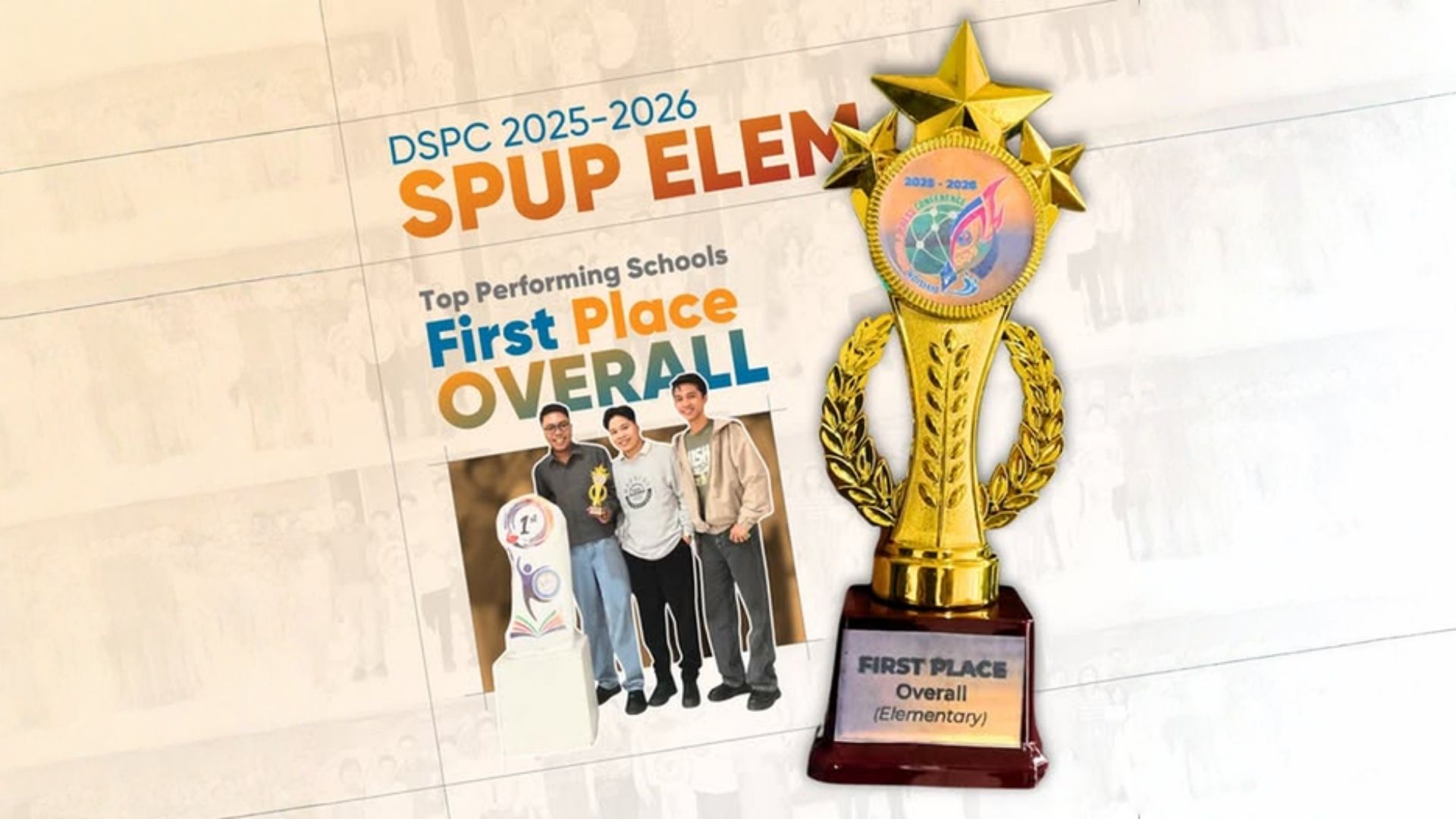
THE PAULINETTE WINS BIG IN SCHOOLS DIVISION PRESSCON
January 14, 2026
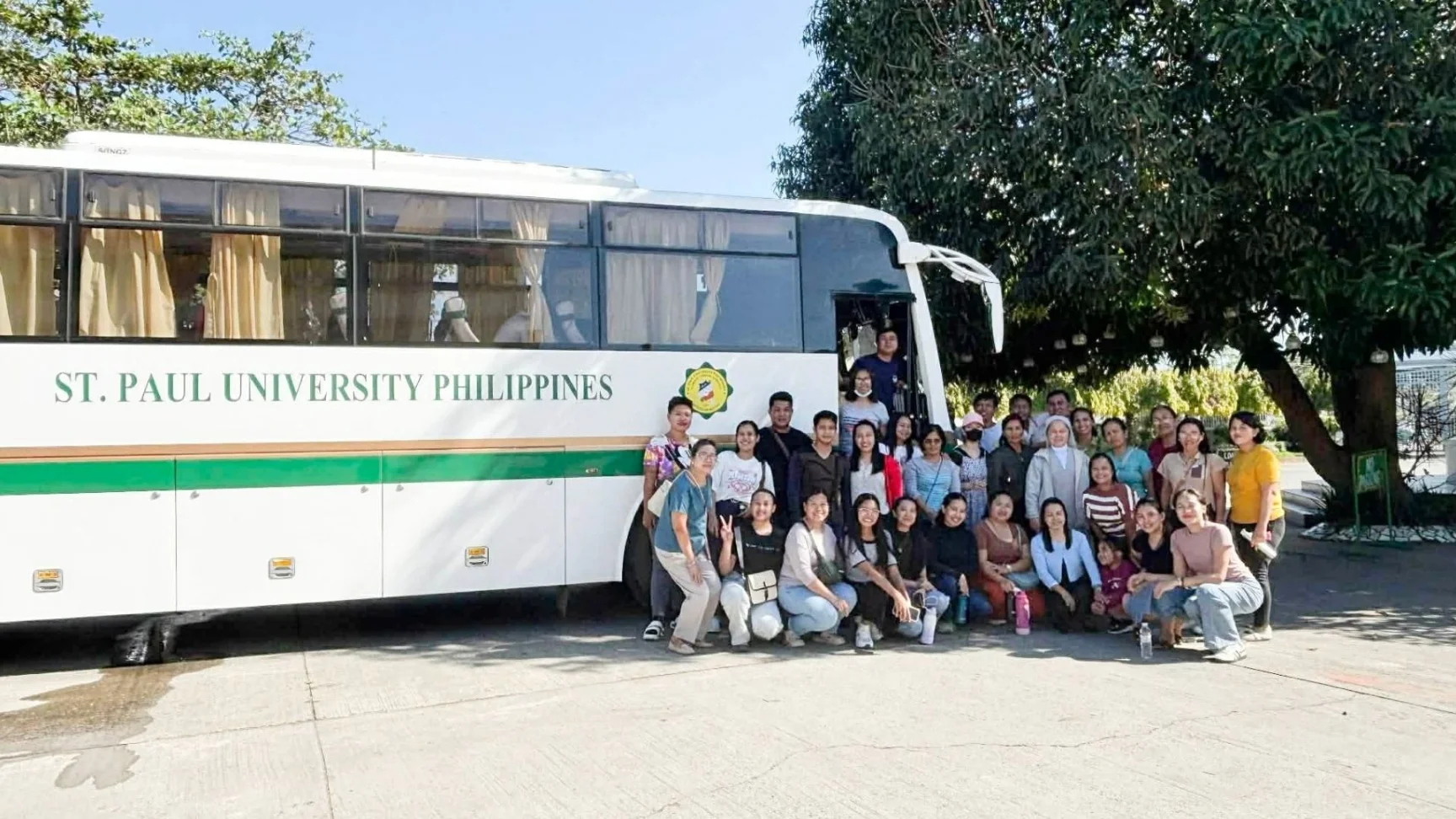
NON-TEACHING PERSONNEL JOIN LAKBAY ARAL TO PAMPANGA, ILOCOS SUR
December 29, 2025





